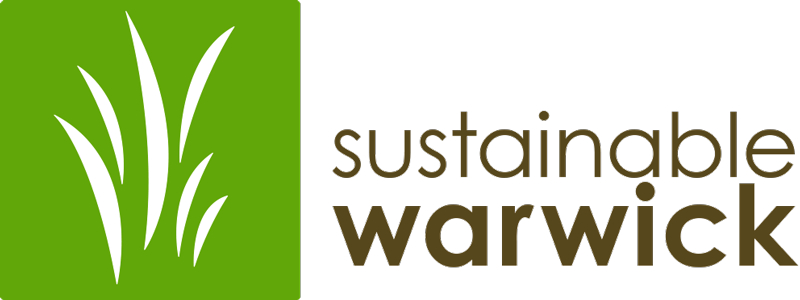October 2020
Sustainable Warwick Minutes
Wednesday October 21, 2020
Still Zooming — Making a difference from right there in your easy chair!
Why are the years 2030 and 2050 so important???
Sustainable Warwick has a Green Future! Our new student group, Green Future, meets on alternate Thursday evenings (contact GreenFuture@sustainablewarwick.org to get the link for participating). Cara Peddle told us their group is just starting up now and still deciding what to do. Most participants are students from WVHS Environmental Club, which isn’t meeting this year. They have compiled a survey on attitudes about climate change, and the Science Department at their school will help circulate it.
Green Screen updates: November election work has been completed; 3 of 3 Democratic candidates participated, but only one Republican agreed to participate. The final reviews have been sent to local newspapers and have been emailed out to all SW members. Please share these emails with friends who are not on our email list. You can also read the candidates' answers on the Green Screen web page.
Mary Makofske explained several ways to be politically active besides voting. We’ll send a separate email with more details in the next few days.
Julia Calderon reported on skip-the-straw laws. Ulster County has a Skip-the-Straw Law, which basically says restaurants and food service establishments should not give customers straws, plastic cutler, soy sauces, etc. unless the customers ask for them. Besides being good for the environment, in these times it could also save money for restaurants -- most of which are facing serious challenges. We will be encouraging Orange County to adopt such a law.
Emma Glasse told us about the training that she, Bill Greene and Roger Moss took on air quality monitoring as a way to do oversight of the CPV plant and its emissions. The presenters from Environmental Health Project over the course of a 3 day online seminar explored the impacts of volatile organic compounds and fine particulate matter and the dangers they introduce in communities around these plants. They also discussed the equipment and procedures that will be used to assess air quality in and outside homes in the vicinity of the CPV plant. The presenters emphasized the importance of qualitative information residents may drop in casual conversation, information that will be supported by a short form health survey that will be provided to residences where the monitoring is performed.
Bill Greene reported we are set to make a generous donation to Warwick Area Migrant Committee of more than $1,550. Besides supporting the local farmworkers in this way, we also have a map of local growers and food providers, and that webpage is the most popular one on the SW website.
Chad Pilieri reported on the Zoom Garden Plot, which is coming to the end of the gardening season. Starting in November, the Zoom Garden Plot will hold monthly meetings, including a special webinar on Monday, November 16th, about composting -- an important skill for residents of the 21st century. Contact growlocalgwl@gmail.com to get involved. Videos from all of the Zoom sessions are available for viewing on the website.
Elizabeth Knight reported that Repair Cafes will earn points for Climate Smart Community applications. At present, there are no in-person repair cafes, but there may be a new drop-off format. We’ll share details as soon as they are available.
The book Elizabeth co-authored with John Wackman, “Repair Revolution: How Fixers Are Transforming Our Throwaway Culture,” will be published on October 27. Look for news in January of a virtual meet-the-author event sponsored by Albert Wisner Public Library.
Sustainable World Book Club will be reading “The Future We Choose: Surviving the Climate Crisis” for it’s November book selection. It’s about the Paris Climate Accords, and explains the great need to reduce greenhouse gas emissions 50% by 2030 and to net zero by 2050.
What’s happening with the CLCPA? We feel it is important for sustainability advocates to keep an eye on how our elected officials are implementing the CLCPA. Here is a link to records of the main meetings and materials of the Climate Action Council, which continues to meet and develop its scoping plan that will help New York reach its goals of reducing greenhouse gas emissions 40% by 2030 and to net zero by 2050.
